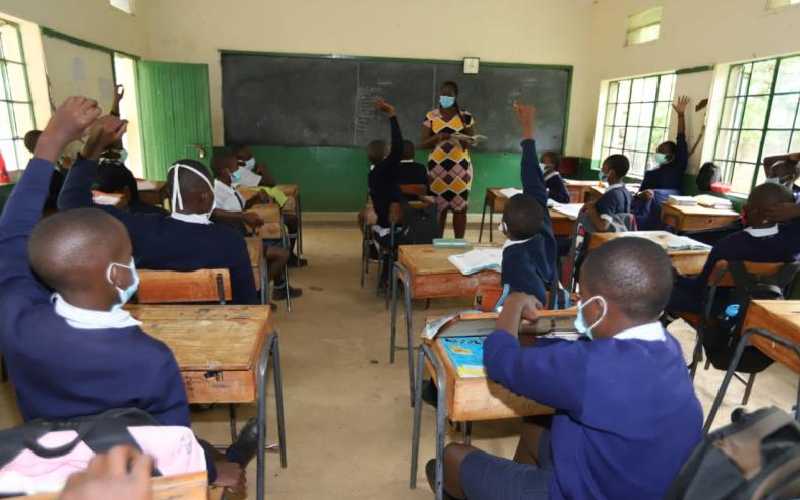×
The Standard e-Paper
Fearless, Trusted News

More learners may be recalled to return to schools as early as next week, as the government implements the phased reopening plan.
The Standard has established that a critical decision has been made to open schools for a few more classes in primary and secondary institutions.